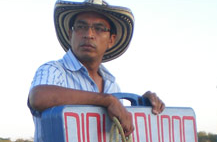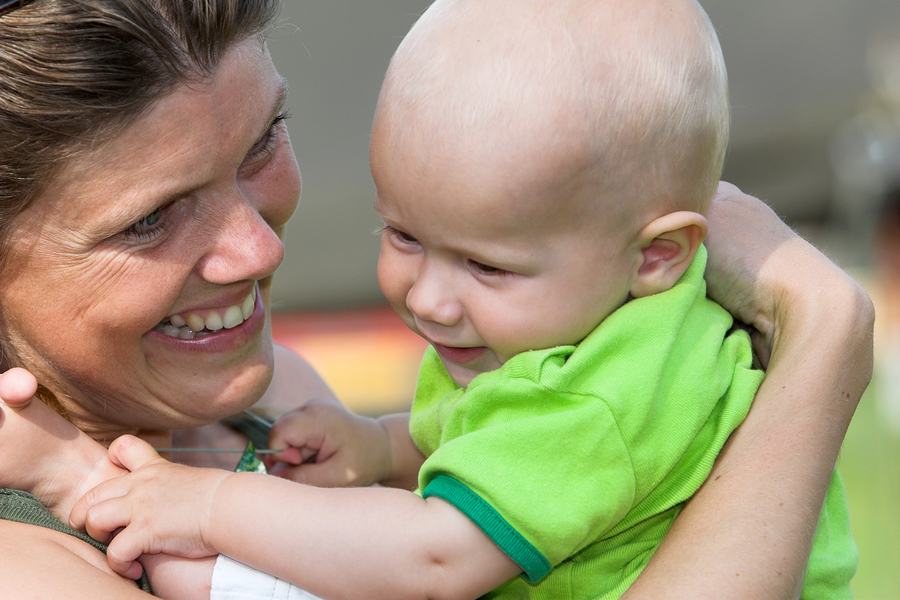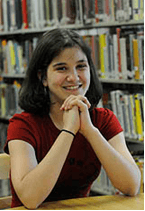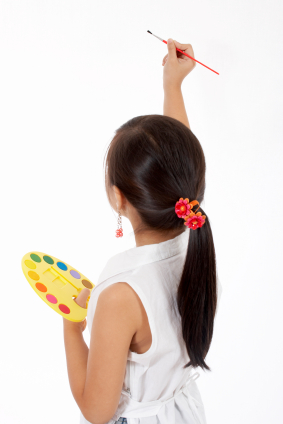 I believe that music, as the only activity that simultaneously stimulates every area of the brain, is the best choice for my children through first grade. But what after they were done with Kindermusik?
I believe that music, as the only activity that simultaneously stimulates every area of the brain, is the best choice for my children through first grade. But what after they were done with Kindermusik?
All my children are homeschooled, so I get to help make those choices. In my house, we continue music . Rob plays violin, Nathan plays flute. (And no, I don’t force them to do music!) But what about the other arts? Visual arts (painting, drawing, photography, graphics, set making, etc.), and kinesthetic arts (movement, dance, and theater).
My instincts told me that as my children were interested (Rob loves musical theater and gymnastics – Nathan loves Sculpey clay and drawing), I should let them integrate the other arts into their day.
Thanks to Facebook, I reconnected with 2 college girlfriends over Christmas. Pam the percussionist is now an elementary music teacher, Lucy the trumpet player now a Principal at middle and high school. We traded memories, laughs and books.
Pam gave me a book she’d read by Eric Jensen called Arts with the Brain in Mind. It confirmed what my heart already knew – arts enhance the process of learning. The brain systems they nourish, which include our integrated sensory, attentional, cognitive, emotional and motor capabilities, are, in fact, the driving forces behind all other learning.
That doesn’t mean your child can’t learn without studying music, or visual or kinesthetic arts. The arts, however, provide learners with opportunities to simultaneously develop and mature multiple brain systems.
The arts develop neural systems that often take months and years to fine-tune. The long-term benefits of the arts include everything from fine motor skills to creativity and improved emotional balance.
Maybe the most valuable benefit of including the arts in your child’s education is that the arts make better human beings. The arts promote self-discipline and motivation, social harmony, enhanced creativity, emotional expression and a greater cultural awareness.
What long-term studies are beginning to show is that students who participate in the arts may be less likely to be dropouts, have higher attendance, be better team players, and have an increased love of learning.
And who doesn’t want to have children grow up to be happy, well-balanced, creative, problem solvers, and work and play well with others?
-posted by Miss Analiisa, who as her children’s teacher, is seeing for herself the long-term benefits of clay, paint, band and drama.
Special thanks to Studio 3 Music for allowing us to share this great post from the Studio 3 Music Blog. Studio 3 Music in Seattle, Washington, the world’s largest Kindermusik program.








 I believe that music, as the only activity that simultaneously stimulates every area of the brain, is the best choice for my children through first grade. But what after they were done with Kindermusik?
I believe that music, as the only activity that simultaneously stimulates every area of the brain, is the best choice for my children through first grade. But what after they were done with Kindermusik?